Chinese President Xi Jinping on Tuesday underscored the role of BRICS as "a pillar" in promoting a multipolar world and fostering an inclusive economic globalization ahead of leaders' formal meetings at the 2024 BRICS summit in Kazan, Russia.
The BRICS mechanism is the world's most important platform for solidarity and cooperation between emerging markets and developing countries, Xi said during a meeting with Russian President Vladimir Putin on the sidelines of the summit.
The Kazan Summit marks the first in-person BRICS gathering since the group expanded its membership last year in Johannesburg, South Africa. More than 30 countries attend this year's summit which runs until Thursday.
Xi told Putin, who chairs the summit, that he expected to have an in-depth discussion with Putin and other world leaders on the future development of the BRICS cooperation mechanism, so as to secure more opportunities for the Global South.
One of the key priorities of Russia's BRICS chairmanship is integrating the new members into the BRICS framework, according to the official website. Other areas of practical cooperation include boosting trade and direct investment, as well as fostering a balanced and equitable transition to a low-carbon economy.
BRICS countries are expected to deepen consensus on strategic communication and practical cooperation for the group's future development, said Wang Lei, director of the BRICS Cooperation Research Center at Beijing Normal University.
Wang also expressed hope for productive engagement between BRICS and the broader Global South in the summit to promote shared global development and uphold the effectiveness of multilateral governance systems.
Kazan, the capital of Tatarstan and the fifth-largest city in Russia, holds historical and cultural significance. During their meeting, Xi told Putin that around 400 years ago, the Great Tea Road that connected the two countries went past Kazan, through which tea leaves from China's Wuyi Mountain region found their way into many Russian households.
The city is also home to Kazan Federal University, where notable figures like the Russian writer Leo Tolstoy and Russian revolutionary leader Vladimir Lenin studied.
Around noon on Tuesday, Xi arrived at Kazan International Airport, greeted by Russian officials. Kazan Mayor Ilsur Metshin told Xinhua that the city is honored to host the Chinese leader.
Guards of honor lined both sides of a red carpet to salute the Chinese leader, while Russian youths in traditional attire offered a warm welcome. Russian fighter jets escorted Xi's plane before its landing.
"It is very important that, at the moment, we have such a good leader who can introduce new initiatives," said Timirkhan Alishev, vice rector for International Affairs, Kazan Federal University, speaking of Xi's role in international affairs.
Alishev told Xinhua that all initiatives introduced by China are rooted in multilateralism, fostering communication and dialogue on multiple levels.
"We see China puts a lot of efforts to develop BRICS," said Alishev. "There are no preconditions for BRICS cooperation ... You can start dialogue on equal basis with everybody."
The term BRIC was initially coined in 2001 by Jim O'Neill, former chief economist at Goldman Sachs, as an investment concept referring to emerging market economies of Brazil, Russia, India and China. With South Africa's inclusion in 2010, BRICS officially took shape.
After last year's expansion, BRICS grouping now accounts for about 30 percent of the global GDP, nearly half of the global population and one-fifth of global trade. "Measured by GDP, the BRICS countries have already surpassed the G7 in importance," said Dilma Rousseff, president of the New Development Bank (NDB), in a recent interview with Xinhua.
"I think this BRICS meeting is very important ... At the moment, the countries of the Global South are in great need of funding. And the conditions for obtaining it are quite complicated," Rousseff said during a meeting with Putin in Kazan on Tuesday.
Observers see the BRICS Summit as an opportunity for Global South countries to voice their needs. Victoria Fedosova, deputy director of the Institute for Strategic Research and Forecasts of the Russian Peoples' Friendship University, said the very dynamic development of BRICS and the growth in membership reflect a demand for a platform for addressing global issues.
"The BRICS mechanism has enormous potential in adjusting the imbalances in global development accumulated over the last 80 years," said Fedosova.
Other than the countries that became new full members on Jan. 1, 2024, over 30 countries like Thailand, Malaysia, Türkiye and Azerbaijan have either formally applied for or expressed interest in its membership, while many other developing countries are seeking deeper cooperation with the group.
As its influence expands, BRICS has gained appeal among many countries, particularly in the Global South, by offering them concrete advantages, said Zukiswa Roboji, a researcher at Walter Sisulu University in South Africa.
"BRICS has undoubtedly made notable strides in recent years," said Roboji. It offers emerging economies easier access to financial resources and better opportunities for trade, investment and development, the expert added.









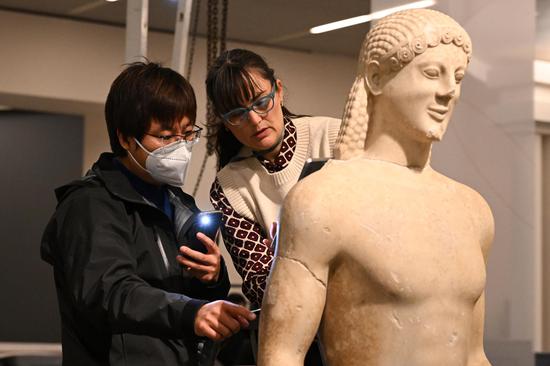
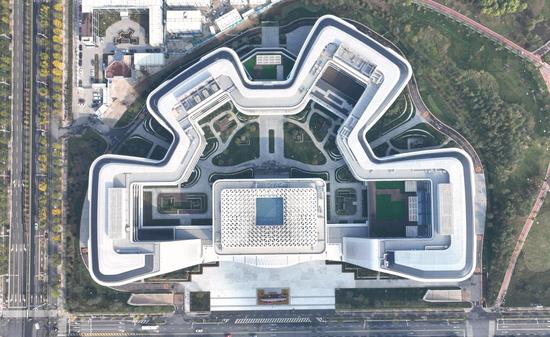

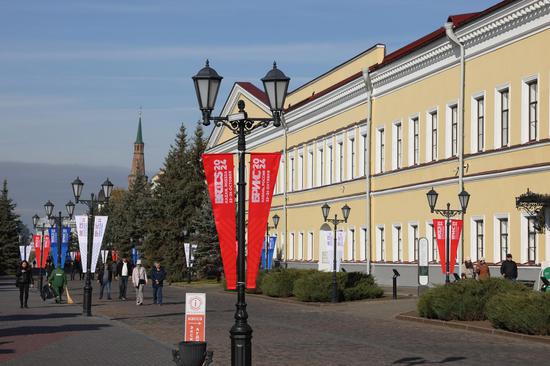

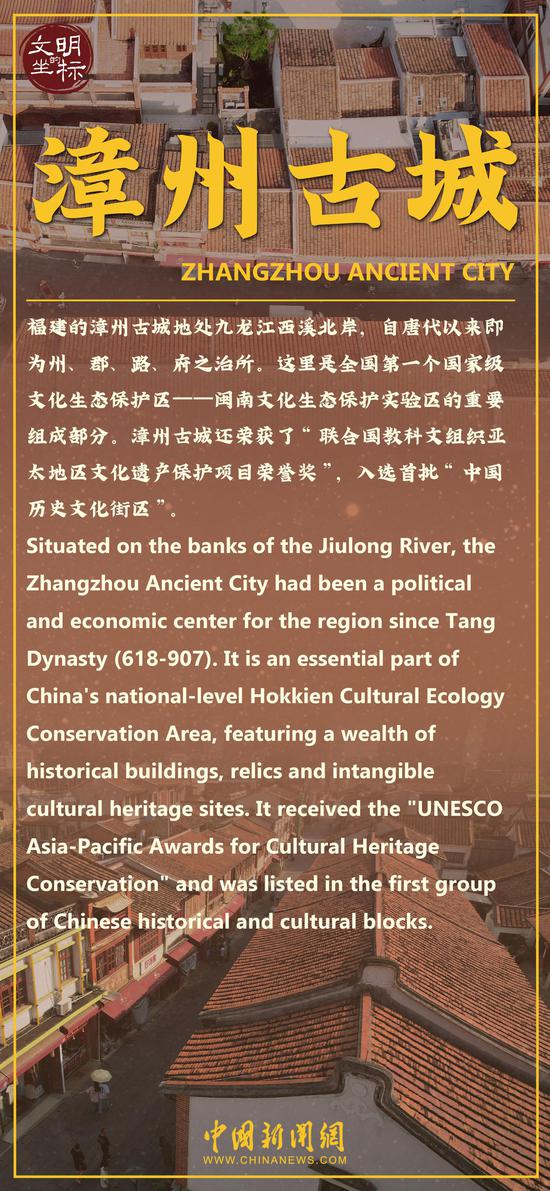

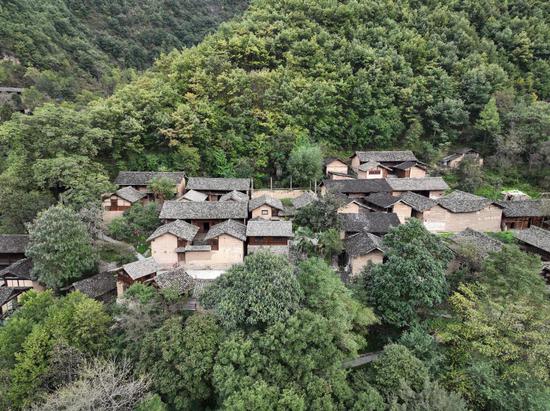
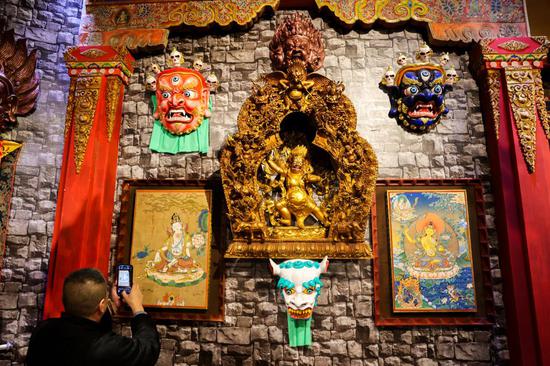



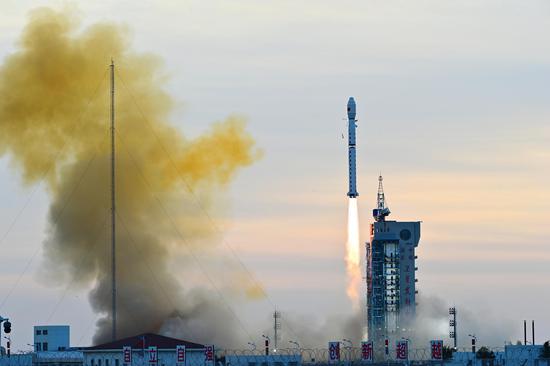

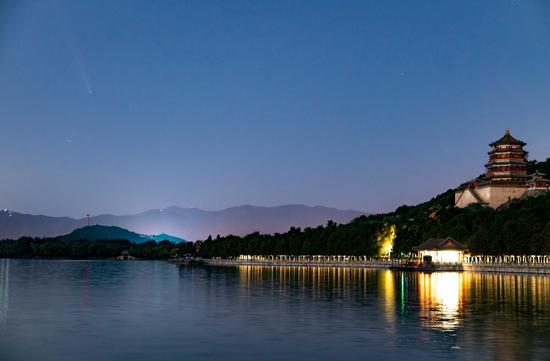

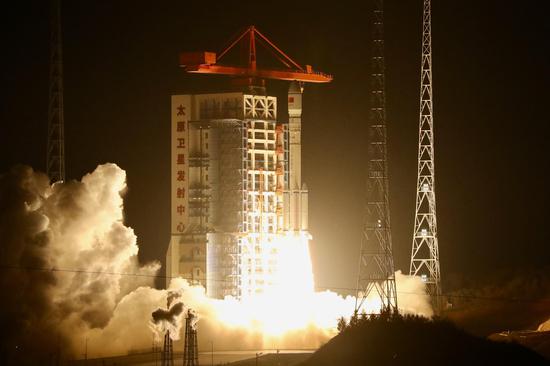
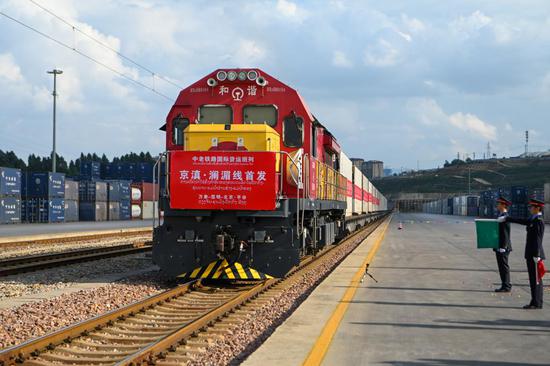

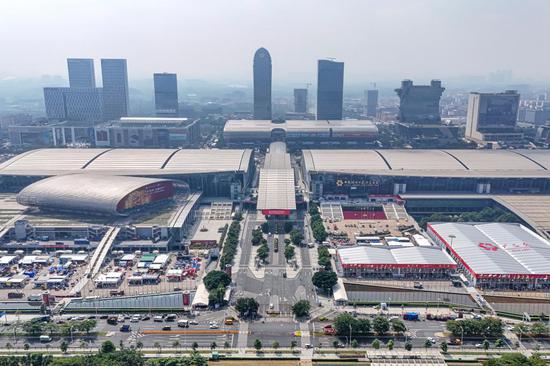


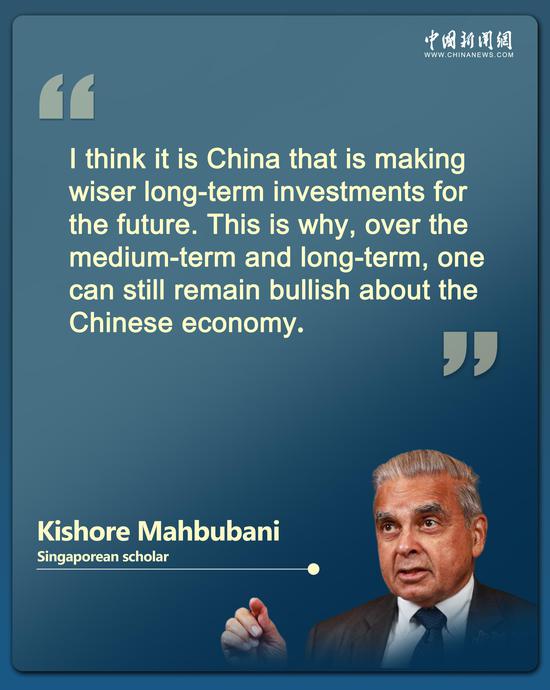
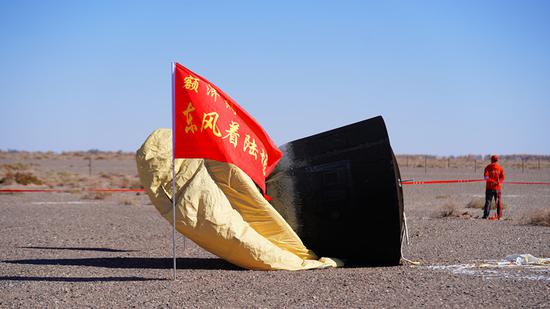
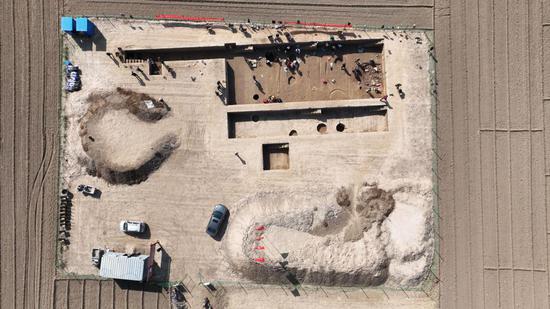



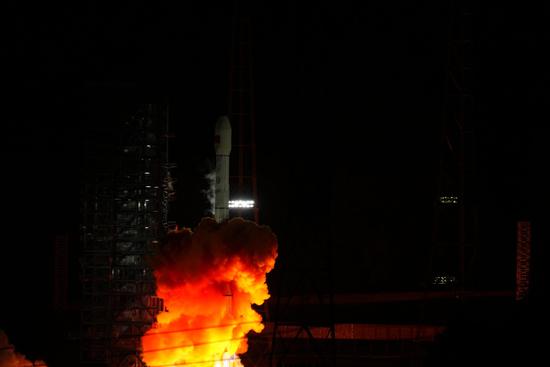



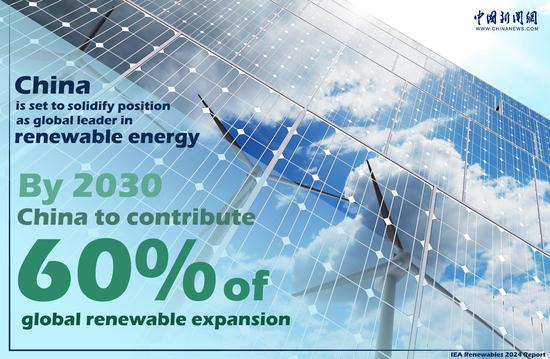

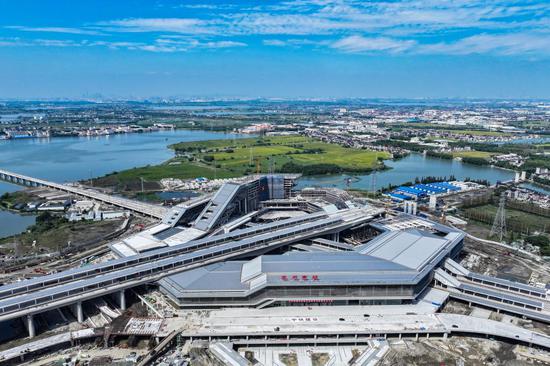






 京公网安备 11010202009201号
京公网安备 11010202009201号